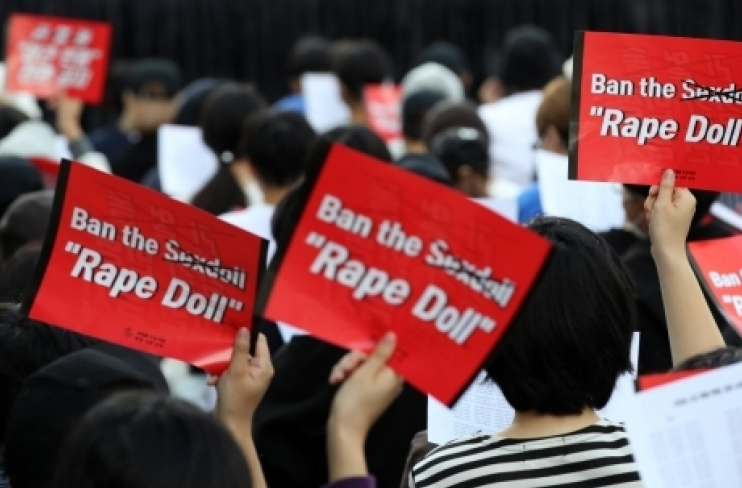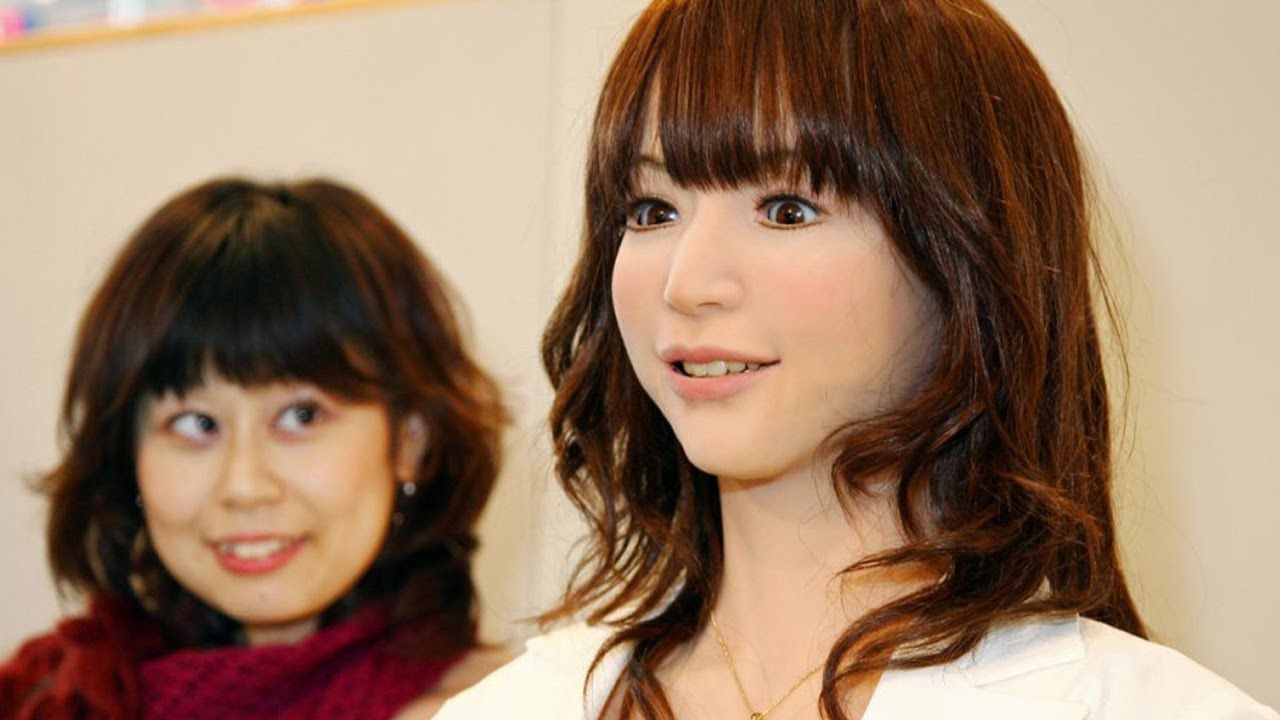[block id=”blogads”]
With the advancement of technology, people have designed surreal sex dolls that can be connected to Bluetooth, WiFi, and programmable. These sex dolls can mimic human responses, but these developments could affect how we manage interactions with “artificial humans” in the future. What does it mean?

Australian legal researcher Marty has published a new article in the announcement analysing the factors the government must consider when weighing the legality of importing, possessing and using humanoid sex dolls.
Critics argue that sex dolls anthropomorphize and make people less sensitive to the way they treat creatures, increasing the risk of violence. Some premium sex dolls can even be programmed to deny user requests, simulating both denial and consent. In Australia, a person’s will to think is a key factor in proving a crime.

On the other hand, proponents claim that the benefits of sex dolls include enhancing the living abilities of the elderly and disabled, addressing anxiety related to physical sexuality, treating emotional disorders, promoting the development of a safe society, and helping those who feel uncomfortable. People whose spiritual thoughts are disturbed create a safe zone.
A recent study on the medical use of sex dolls found that the top three recommendations for buying sex dolls were for those with social phobia (50%), those who were chronically single but emotionally unstable for the following reasons Craving (50%). %) and those with physical dysfunction (47%).

Advances in science and technology, coupled with increased demand and public attention, mean that policymakers in various countries may face calls to regulate the adult sector, including sex dolls, in the near future. Advances in technology will force societies to balance competition and complex personal and public interests, creating new ethical, regulatory and legal challenges.
With the exception of a very few Asian countries and the Americas, many countries currently do not have legislation or bans on the sex doll industry, but the Commonwealth, South Australia and Queensland have regulations for small sex dolls of controversial appearance and age. These legal provisions may guide future laws regarding the use of adult sex dolls, but there are still some new factors to consider.
Associate Professor Tania, Dean of Australia’s Flinders University School of Law, said sex dolls challenge existing notions of how humans interact with emerging technologies in the most intimate way possible. As a result, regulators will have to deal with ethical issues, legal challenges and technological implementations. Strike a balance between promoting the true potential of violence.